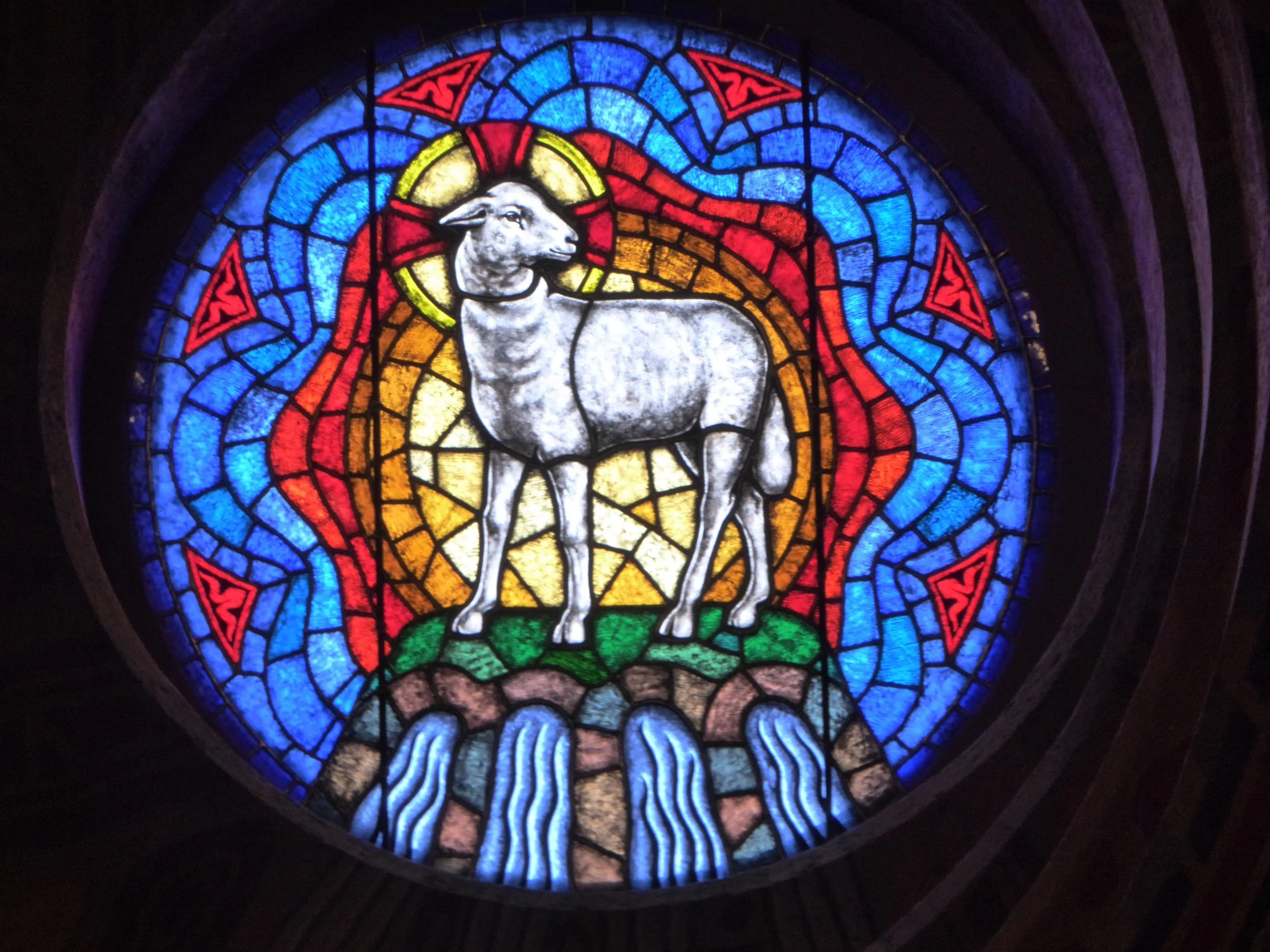My Journey to the Anglican Faith
From Methodism, Non-Denominational Churches, to the Southern Baptist Convention, what brought this Almost Appalachian to the Canterbury Trail?
My name is Samantha Griffitts, and I am Almost Appalachian. My recent ancestry (post-England, Ireland, and Scotland) can be traced back to the creek baptisms and flour sack dresses of Southeastern Kentucky, and the pillbox hat wearing, white gloved, pearl clutching ladies of central Kentucky in days of old. I’m closer to the glove-wearing pearl-clutchers, but I can also make a mean skillet of cornbread. Growing up, one thing both sides of my family had in common was a love of Jesus; it just looked a little different on the outside.
I don’t remember a time in my life when I wasn’t acutely aware that I needed Jesus. There were times throughout my childhood and adolescence that I leaned too heavily on my own alleged abilities to clean up my will and affections, but I have nearly four years at The Southern Baptist Theological Seminary to thank for what I believe to be a theologically sound and biblical understanding of my own inability to accomplish anything on my own in relation to eternal salvation.
Seminary degree in hand (along with my Bachelor’s in Psychology and Neuroscience), I became a licensed psychotherapist and obtained many hours of intense training and experience in order to specialize in anxiety and obsessive compulsive disorder (OCD). The combination of the two backgrounds, psychology and theology, has been especially useful in treating scrupulosity, which is a type of OCD involving intrusive thoughts, urges, doubts, and images related to matters of faith and morality, along with compulsions to relieve the resulting discomfort.
“Lord God, Lamb of God, you take away the sin of the world.” ACNA Book of Common Prayer, 2019
In the Anglican Church (ACNA), I found a theologically sound historic expression of the Christian faith.
So how did the former Methodist/Non-denominational/Baptist psychotherapist end up in the Anglican Church in North America? First of all, I wearied of the smoke machines and light shows of what has become the contemporary non-denominational church, which has also spilled over into various denominations. I know this is controversial, and I in no way would ever assert that these churches don’t have faithful believers in their midst. I know they do. I also know that there are means of growing in faith in these churches, and that wonderful things are happening to glorify the Lord. But I yearned for the liturgical, sacramental expression of the Christian faith that has been practiced through the centuries. The kind of place where theology is important, where tradition is valued, and where church is still seen as something sacred.
I want to know that my pastor is not going to “re-baptize” someone if they don’t feel like it took the first time (we will talk more about this in terms of scrupulosity in the future), where the Lord’s Prayer and the Apostles’ Creed have not become obsolete, and where I can have a clear means (The Book of Common Prayer) by which I can accomplish my daily work (at least part of it). The Anglican Church also gives special attention to the process of catechesis, or deepening our theological understanding of the faith in order to be prepared to give a reason for the hope that we have.
It wasn’t until I had already been confirmed in the Anglican Church that I learned of my ancestral ties to Anglicanism. My 14th great-grandfather, Dr. Rowland Taylor, died to protect this expression of the historic Christian faith. And every time I read The Book of Common Prayer, or participate in the liturgical service on Sunday, I know that I am amongst a host of other faithful believers who are his heritage. While this did not bring me to the Anglican Church initially, I do feel especially at home in the grounding rhythms of my daily walk with God that were practiced by those who came before me. From faith to mental health to family life and everything in between, I look forward to sharing my thoughts with you.

